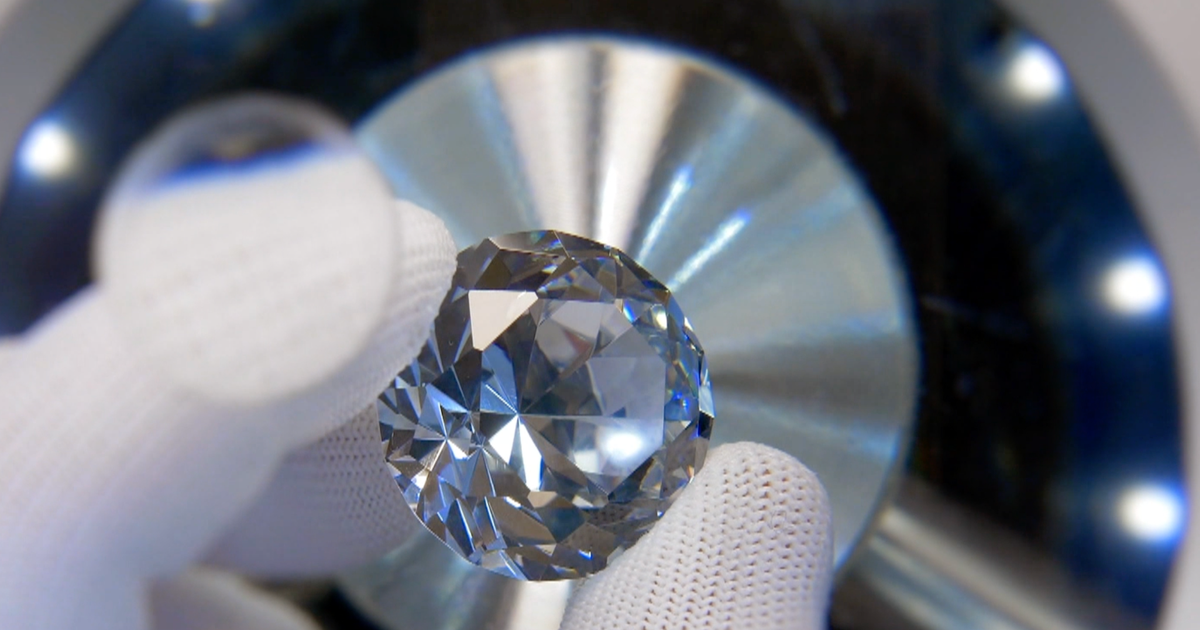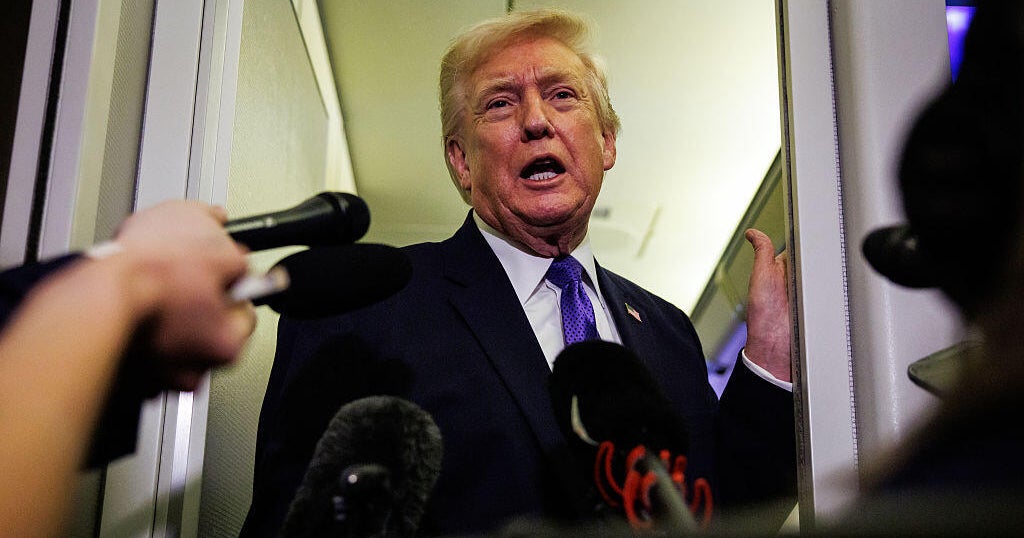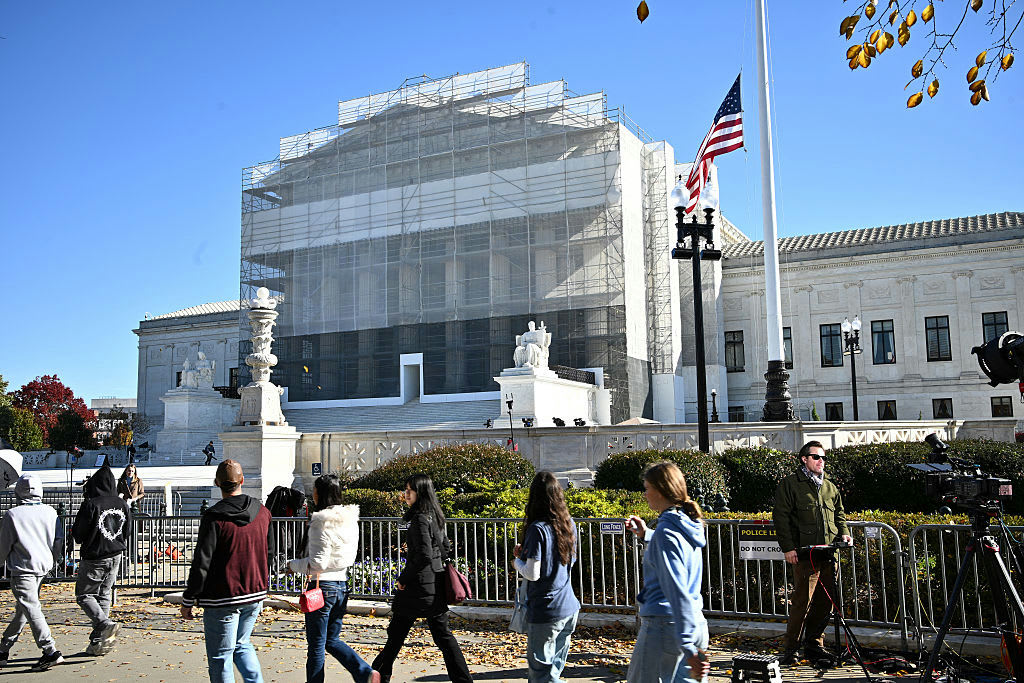For Apple, scaling back in China is easier said than done
- Apple reportedly is considering moving some of its production out of China as the Trump administration considers slapping new tariffs on $300 billion in imported Chinese goods.
- Yet moving just a fraction of iPhone manufacturing out of China to other countries would be costly and time-consuming, experts say.
- Only 6% of companies weighing whether to shift production out of China would consider moving those plants to the U.S., according to a recent survey by the American Chamber of Commerce in China.
Apple is reportedly studying moving some production out of China to help cushion the cost of tariffs proposed by the Trump administration. Good luck with with that.
It can take months or even years for a big company to shift its manufacturing from one country to another, especially for companies like Apple with the kind of intricate supply chains needed to support a global business. Apple designs its products like the iPhone in the U.S. but assembles them in China.
Moving just 5% to 7% of iPhone production to India would take up to 18 months in a "best-case scenario," Wedbush analyst Dan Ives said in a note to investors this week. A 15% production shift to other regions would take up to three years, he further estimated.
Fearing a hit from tariffs
Apple is among hundreds of companies that began queuing up to testify in Washington this week for seven days of hearings on the Trump administration's plan to hike tariffs on $300 billion in Chinese imports. The levy would cover goods not yet subject to tariffs, a key part of President Donald Trump's trade war with China.
Apple warned this week in a letter to the Office of the United States Trade Representative (USTR) that the latest round of tariffs on China will hurt its competitiveness. The tariffs will touch almost all of Apple's best-sellers, including iPhones, iPads, MacBooks, watches, AirPods and other products, according to the company.
"We urge the U.S. government not to impose tariffs on these products," Apple wrote.
In an interview with CBS News' Norah O'Donnell earlier this month, Apple CEO Tim Cook said the tariffs would also hurt the broader U.S. economy. "I know people think the iPhone is made in China. The iPhone is assembled in China. The truth is, the iPhone is made everywhere. It's made everywhere. And so a tariff on the iPhone would hurt all of those countries, but the one that would be hurt the most is this one," he said.
Apple isn't alone in its concerns. Dell, HP, Microsoft and Intel in a joint letter to the USTR said that moving some their manufacturing out of China would "take considerable time and come at a significant expense." That's partly because the companies use specialized production equipment that now only exists in China, the companies said.
Chinese production not heading to U.S.
Contrary to what Mr. Trump has claimed, it is U.S. companies -- not the exporting countries -- that pay tariffs on goods and services imported from China and elsewhere. While some firms can absorb the higher costs, most consumer and tech companies opt to push at least some of the increased expense onto consumers. That means higher prices.
The White House has already imposed 25% tariffs on $250 billion in Chinese imports. The goal, according to U.S. trade officials, is to stop China from forcing U.S. companies to reveal trade secrets, stealing intellectual property and unfairly subsidizing Chinese tech companies.
Even if the companies were to transfer production out of China, it's not likely the bulk of it would move to the U.S. anytime soon. A recent survey by the American Chamber of Commerce in China found that about 40% respondents are considering relocating some manufacturing out of the country. But fewer than 6% were thinking about moving those facilities to the U.S.
Instead, companies said they were mulling Southeast Asia and Mexico as places to expand their manufacturing , the survey found.



